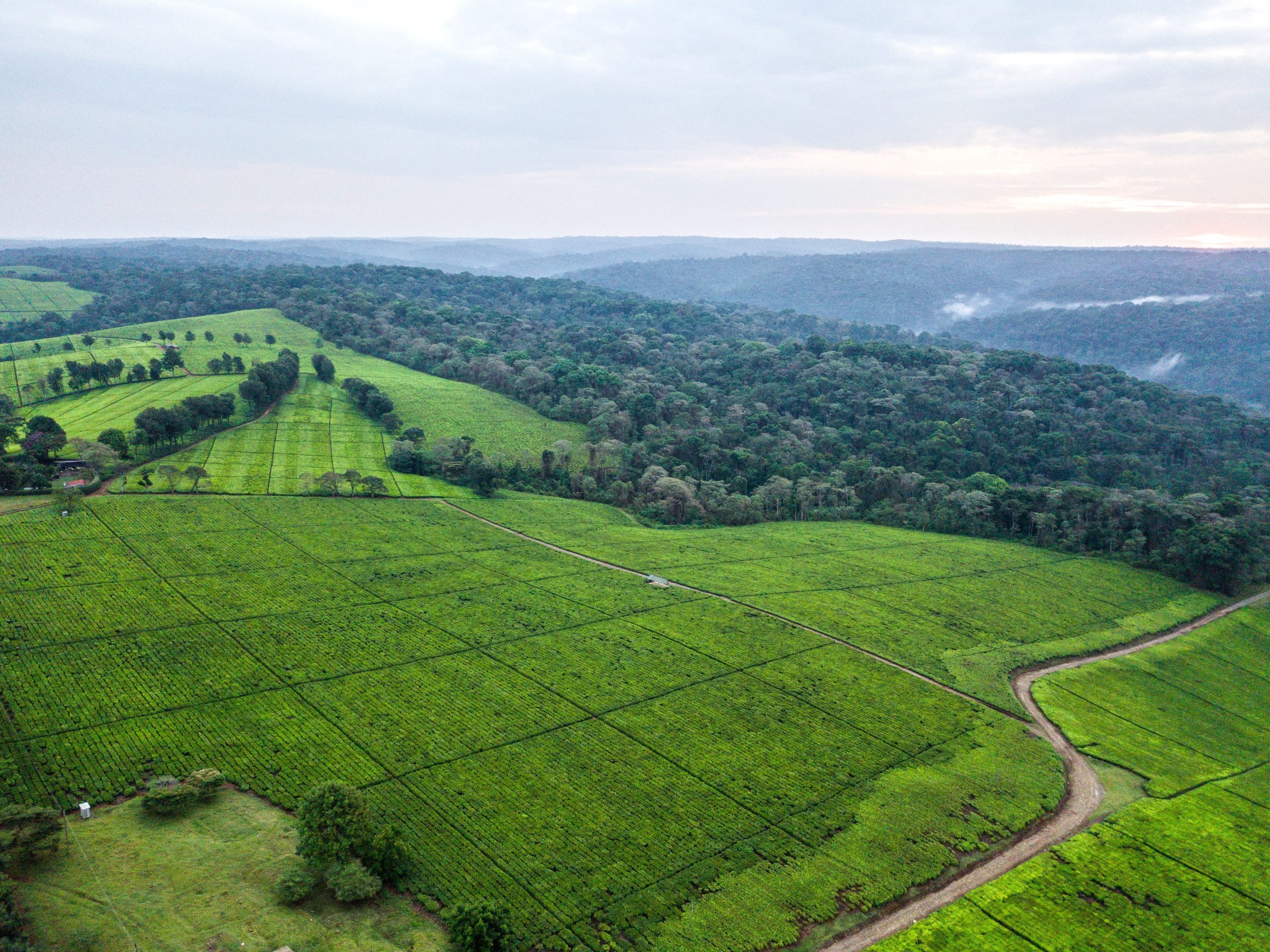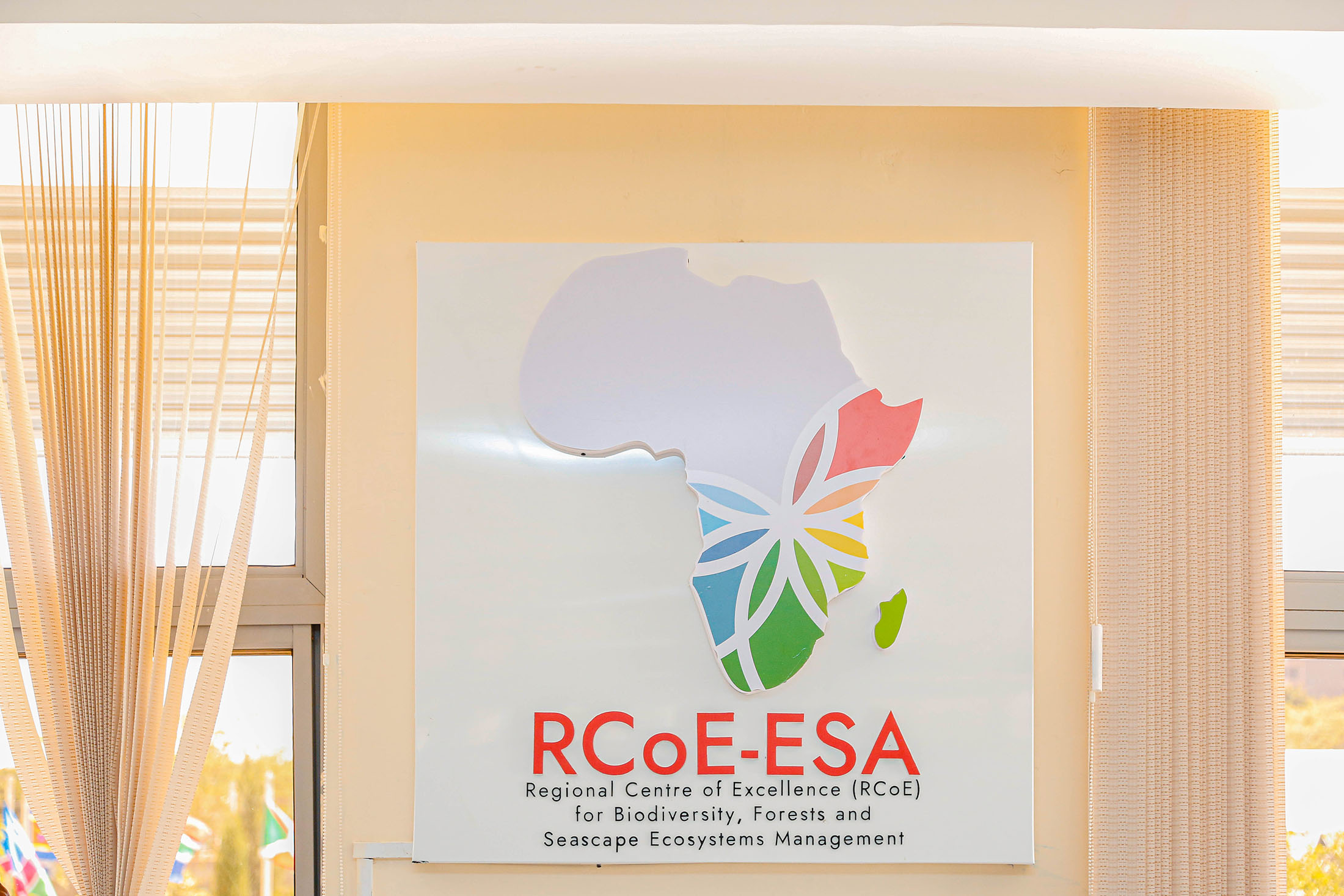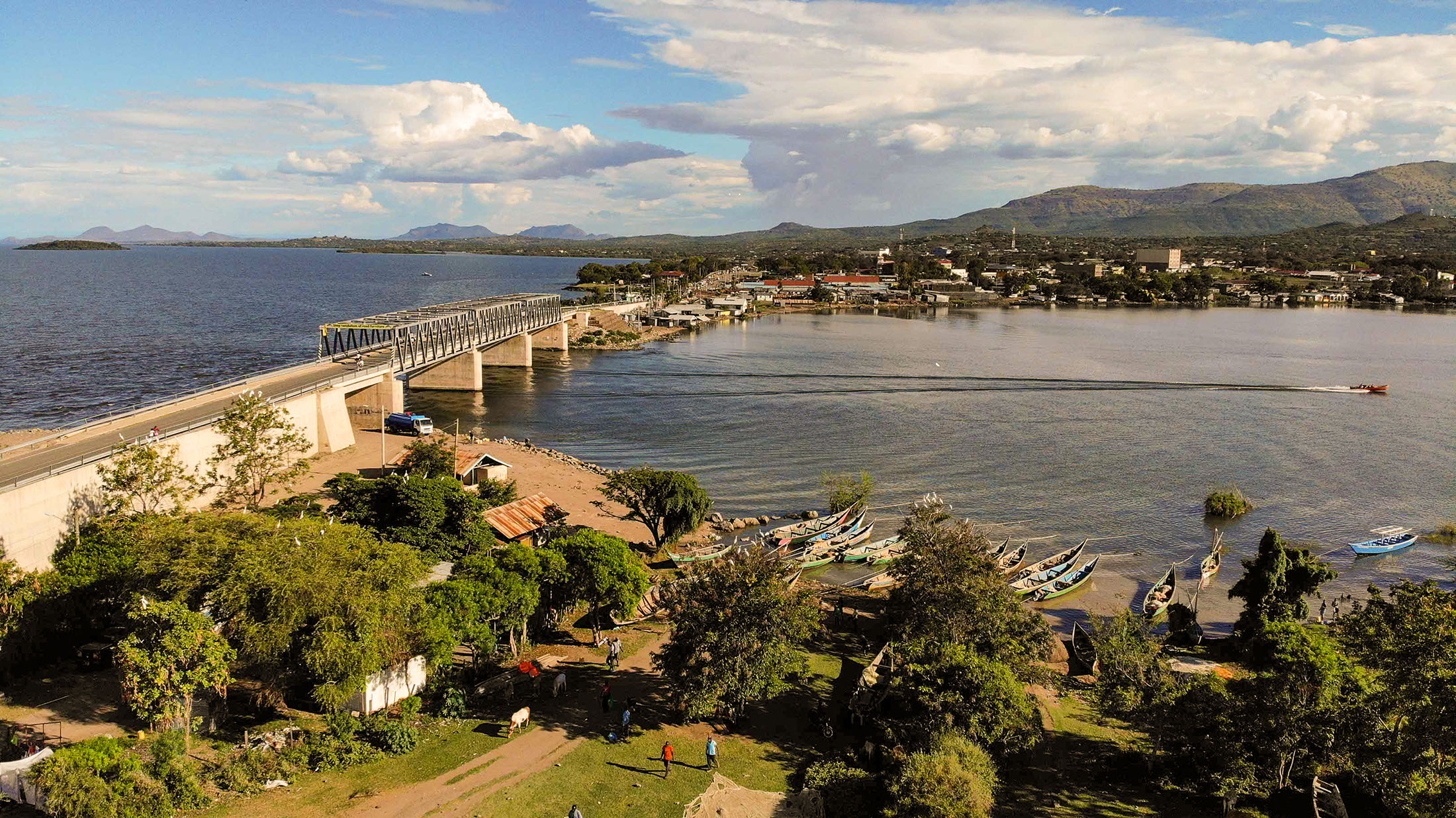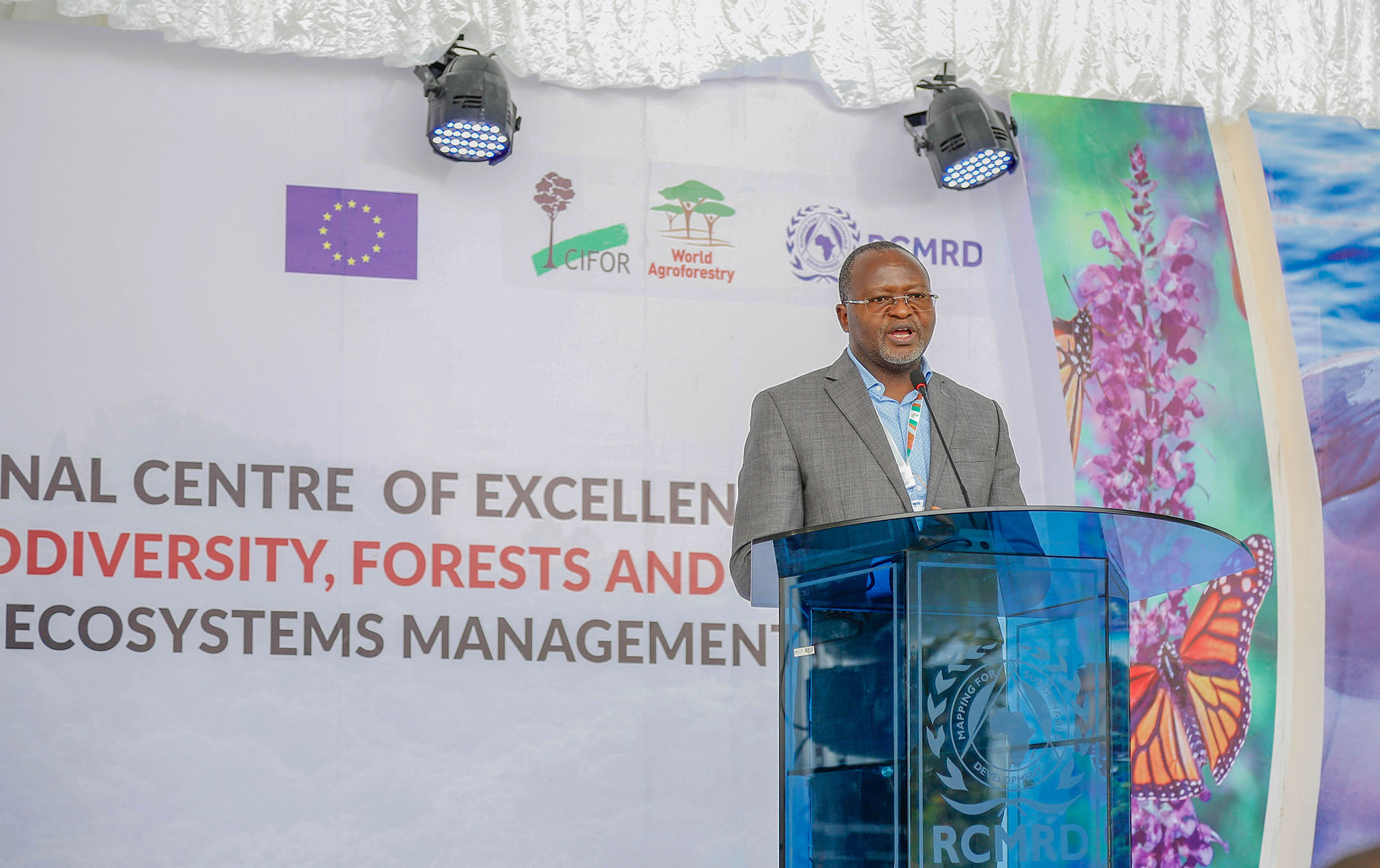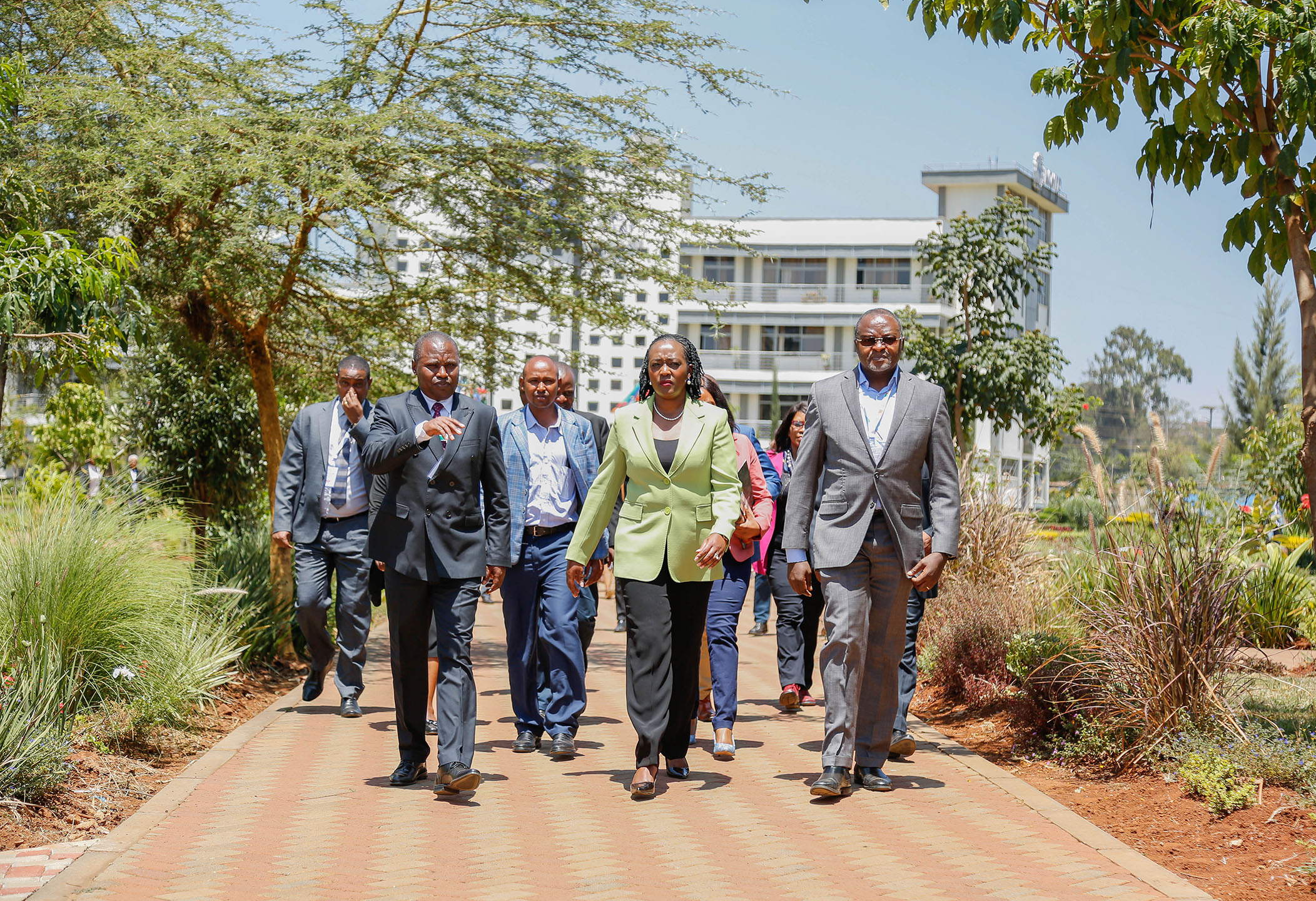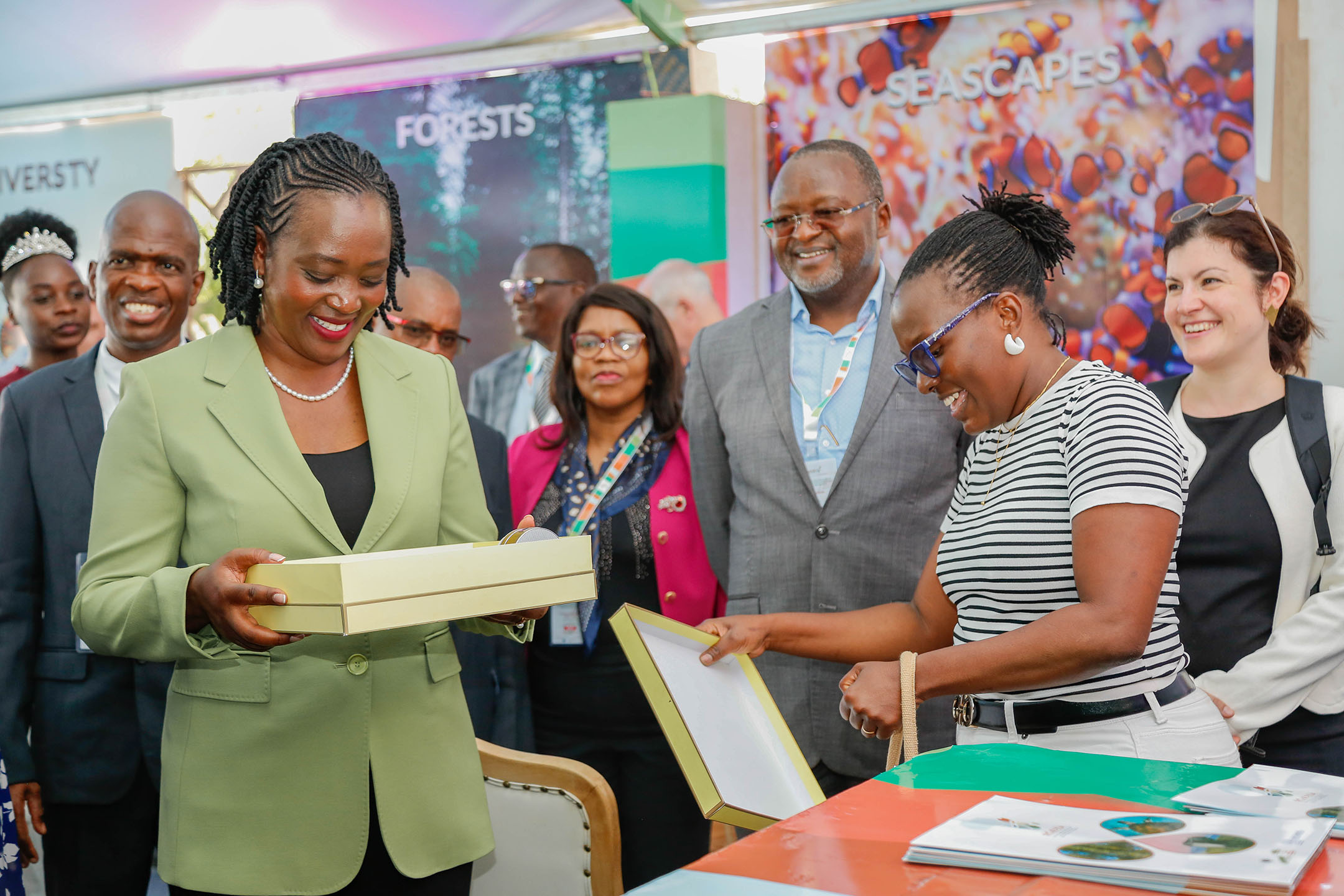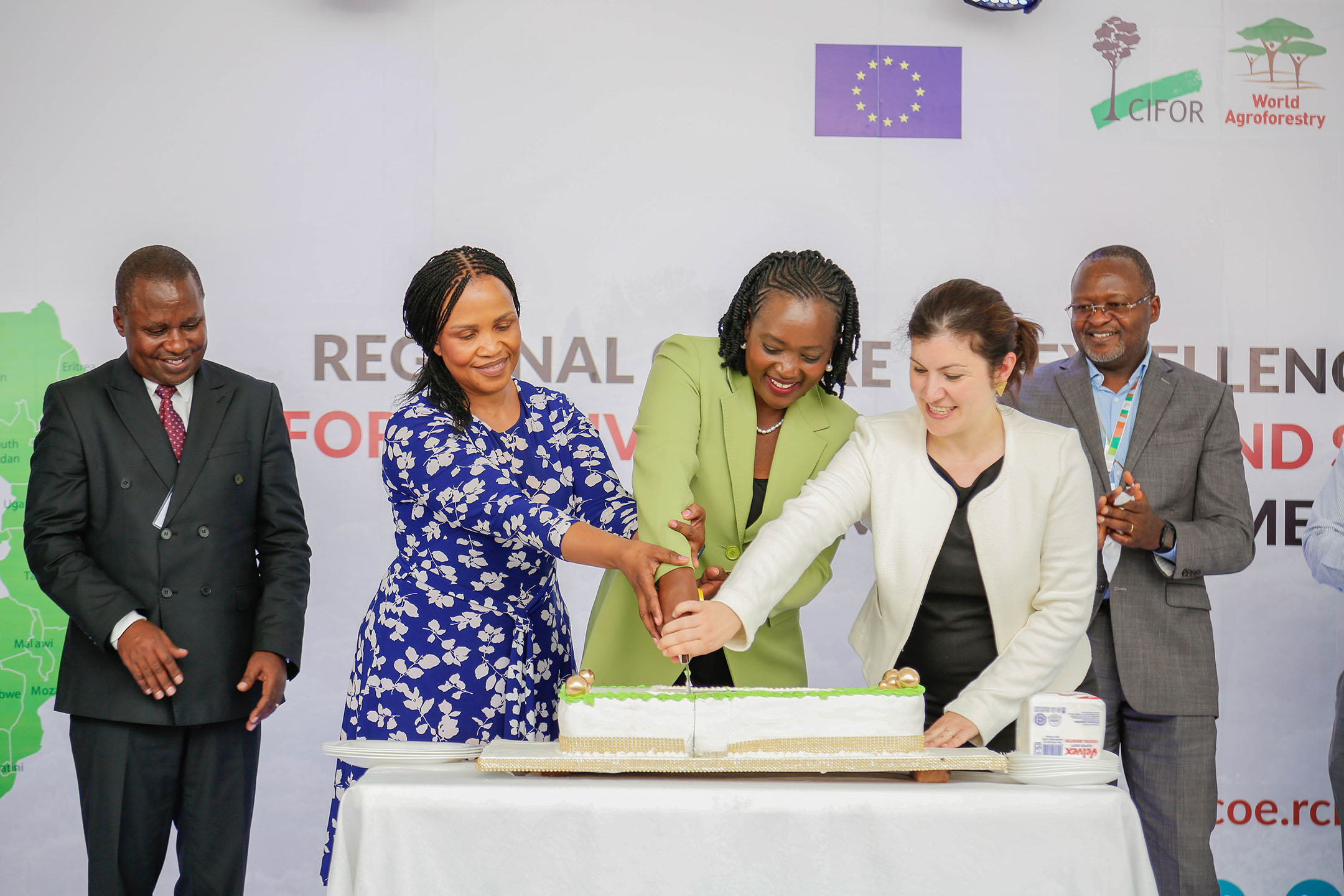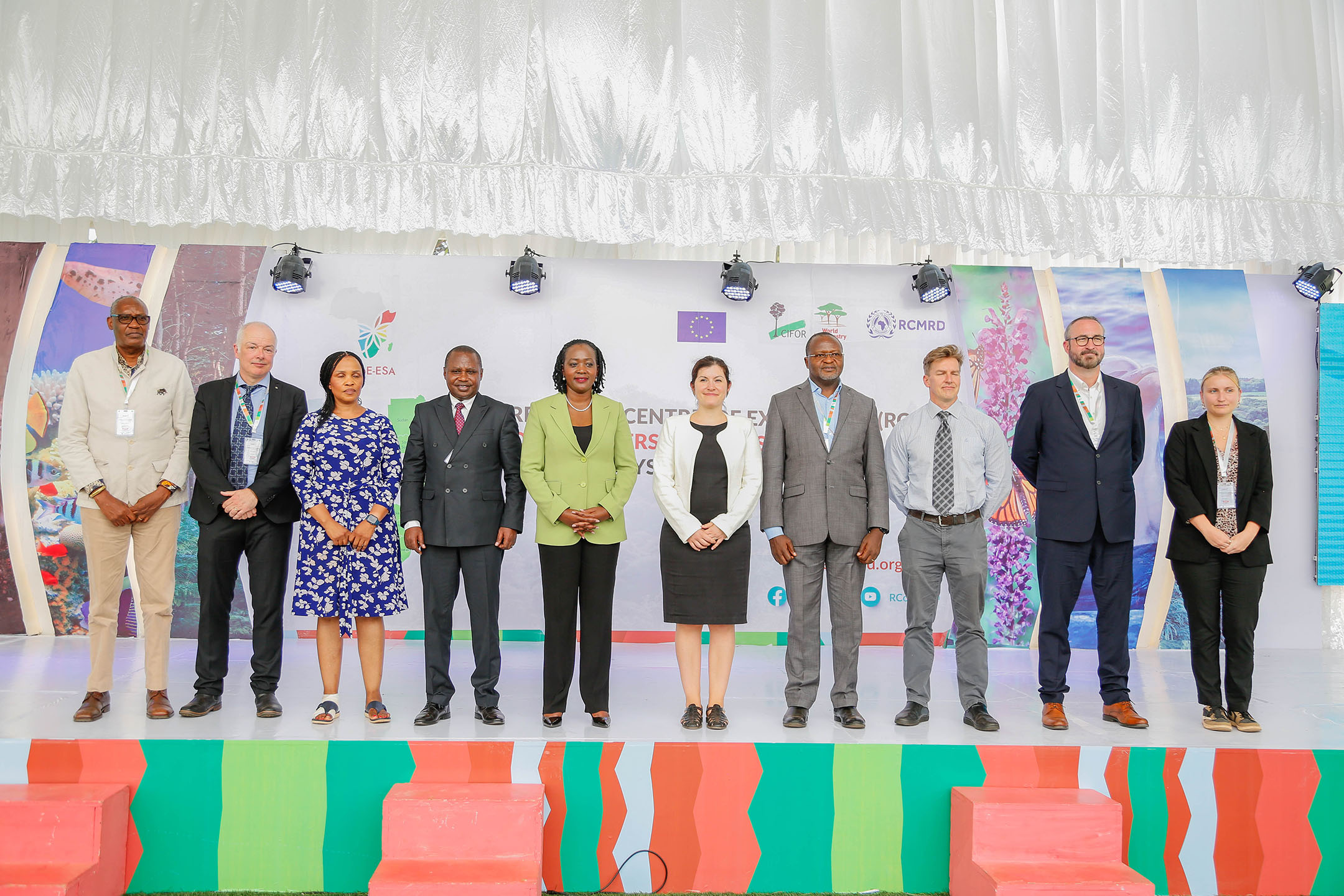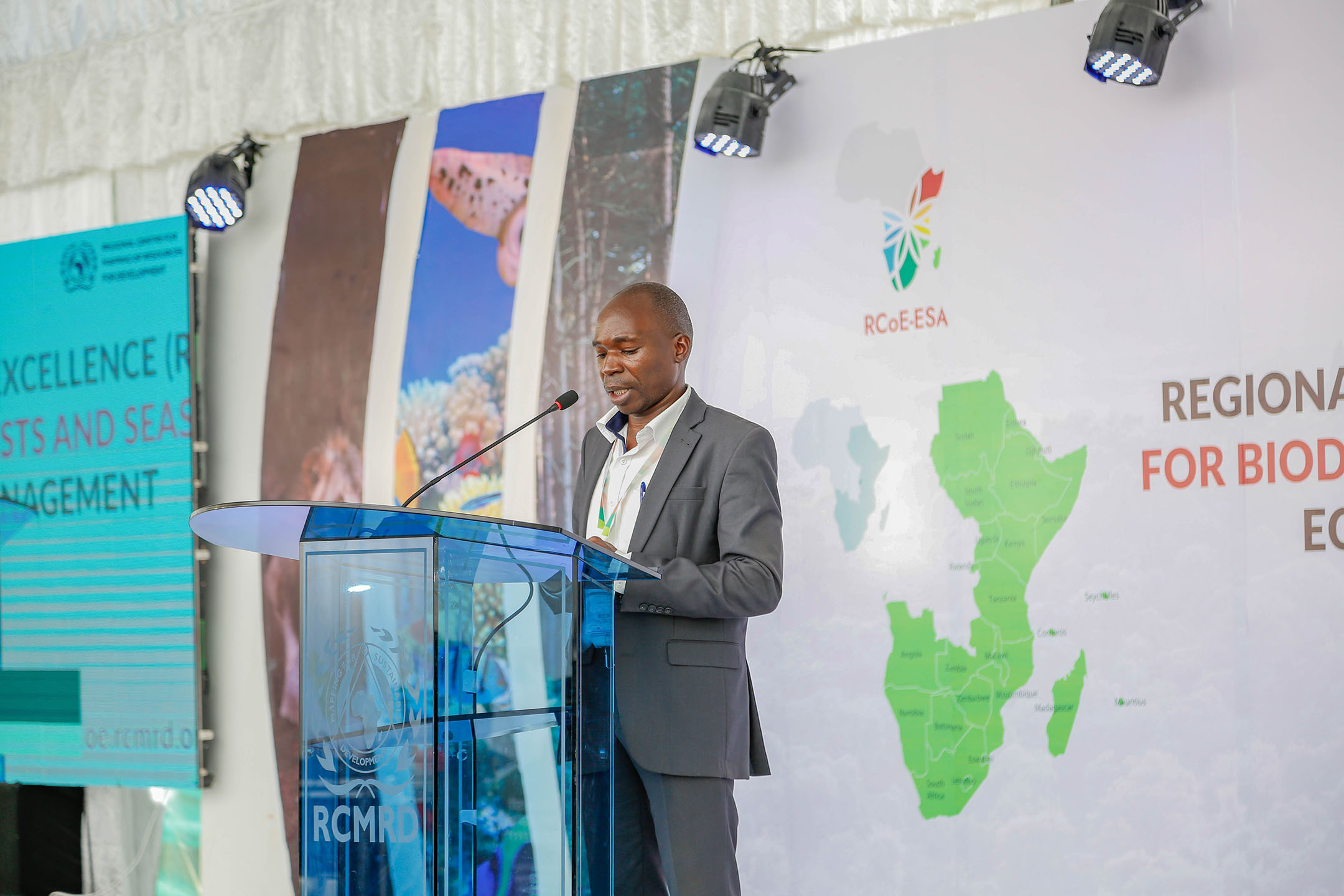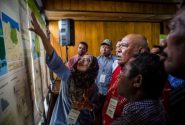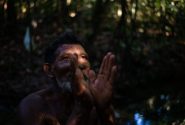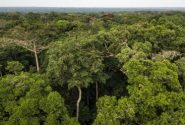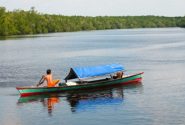The centre seeks to offer critical information on the status of the region’s forests, grasslands and aquatic ecosystems, as well as its rich biodiversity.
These ecosystems play a key role in providing food and water for the region’s human population, as well as income, medicine, fuel and many other things that are crucial for health and well-being. Yet despite their significant contribution to human life and survival, the health of Africa’s ecosystems and biodiversity is currently threatened by numerous factors such as land degradation, deforestation, pollution, increasing human populations and climate change.
“We are living in challenging times,” said Peter Minang, CIFOR-ICRAF’s Director for Africa. “The crises that we face are huge, ranging from degradation of ecosystems to climate change and biodiversity loss. All these problems need to be addressed urgently, and we can only do so with adequate data and evidence.”
He said that the Centre of Excellence is therefore a huge milestone for the region, which will enable countries to easily access sufficient and reliable information on the status and threats to their ecosystems and biodiversity.
“This is very important because without data, we cannot make informed decisions on how to move forward and address the environmental challenges that we are facing,” he said. “We need to bring science and evidence into decision-making tables.”
During the launch ceremony, Soipan Tuya, former Cabinet Secretary of the Ministry of Environment, Climate Change, and Forests in Kenya, lauded all stakeholders that played a key role in the establishment of the centre.
Speaking as the Chief Guest during the event, she noted that the new centre comes at a critical juncture for Africa and the world at large. She emphasised that the interconnected crises of climate change, habitat loss, pollution, and unsustainable resource exploitation pose unprecedented threats to the delicate balance of human life on Earth.
“Therefore, the need for collaboration, innovation and knowledge exchange across borders has never been more urgent,” she said. “We all need to have reliable data that will inform our actions and response to these environmental challenges.”
Tuya added that the Regional Centre of Excellence is poised to play a pivotal role in advancing the implementation of key international agreements such as the UN Convention on Biodiversity, the Sustainable Development Goals and the UN Framework Convention on Climate Change among African countries.
“By aligning our actions with these global commitments, we can amplify our impact and drive meaningful progress towards a more sustainable future for all,” she said.
Mayra Bernadi, the Representative of the European Union (EU) Delegation to Kenya, also emphasised the pivotal role that data plays in promoting forest, seascape, and biodiversity conservation.
“This Regional Centre of Excellence is one of our EU-funded public good initiatives that is trying to promote open, accessible and interoperable data sharing to promote the conservation of key natural resources which are important for the future of our planet,” she said.
